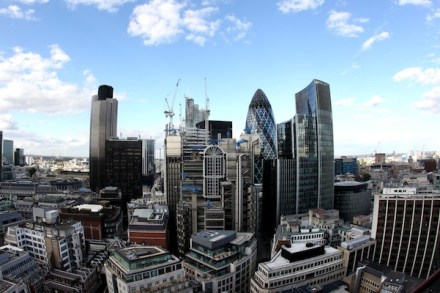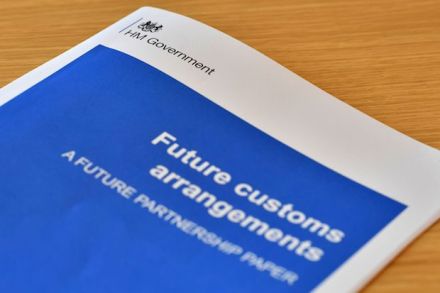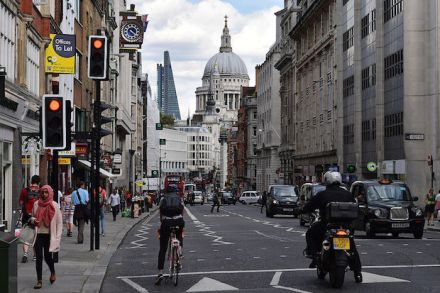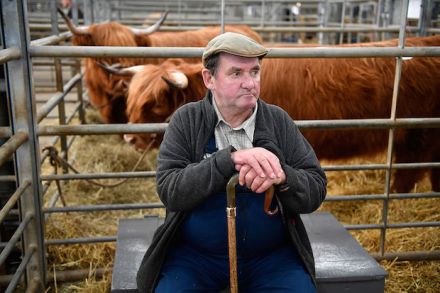Tomorrow, 12 August, is the ‘Glorious Twelfth’: the official start of the grouse-shooting season. This normally means plenty of tweed and guns heading north, in cars, in planes, and on the railways. This year, however, there’s something of a spanner in the works. Just weeks before the start of the season, ScotRail announced that they would be banning all guns on their trains. This is despite the fact that unloaded, properly licensed firearms are allowed on trains, as long as they are carried ‘in accordance with the law’. The sticking point here, however, is the part that says ‘with prior permission of the train company’. So if ScotRail have decided




















